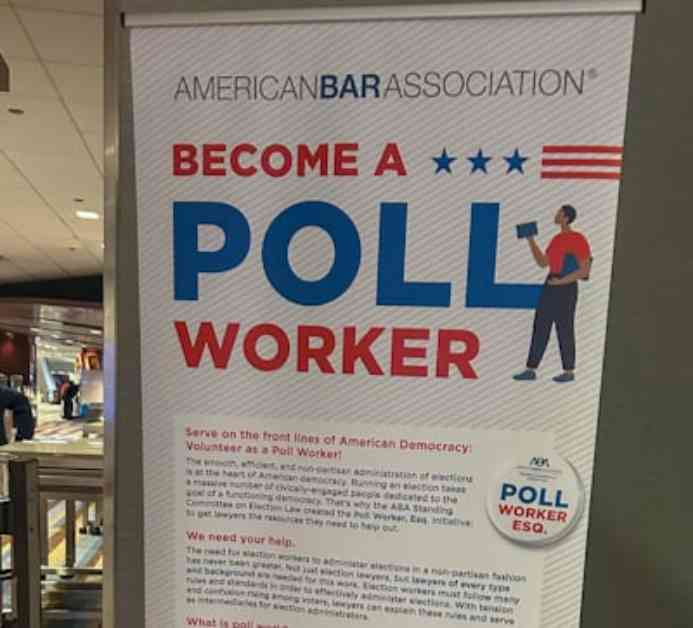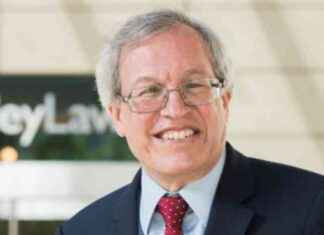Title: Partisan Divide in Trust in Government and Elections Revealed in New Report Findings
As the November 2024 presidential election draws closer, a recent report by the World Justice Project sheds light on the deep-rooted skepticism among Americans regarding the election process, political polarization, and the overall lack of faith in government accountability.
Titled “U.S. Rule of Law Trends and the 2024 Election,” the report highlights the stark differences in trust levels based on party affiliation. According to the findings, only one-third of Republicans and two-thirds of Democrats in the United States believe that election officials are trustworthy. This disparity in trust underscores the political divide that has become increasingly prominent in recent years.
While the majority of both Democrats and Republicans agree on the importance of the rule of law for America’s future, perceptions regarding the independence and fairness of the justice system have deteriorated since 2018. This erosion of trust in key institutions is a cause for concern as the country approaches a pivotal election.
In an effort to address some of these challenges, the ABA Standing Committee on Election Law has partnered with the National Association of Secretaries of State and the National Association of State Election Directors to launch the Poll Worker, Esq. initiative. This initiative aims to mobilize lawyers, law students, and other legal professionals to volunteer as poll workers in the upcoming election, ensuring that the electoral process runs smoothly and efficiently.
The World Justice Project, a nonpartisan nonprofit organization dedicated to promoting the rule of law worldwide, conducted the report based on a decade of national surveys. The latest poll, administered in June to 1,046 adults by YouGov, revealed troubling insights into the current state of trust in government and elections.
One of the most concerning findings of the report is the significant number of Americans who would not consider the 2024 election results legitimate if the opposing party’s presidential candidate were to win. This sentiment was especially pronounced among Republicans, with 46% expressing doubts about the legitimacy of the election results. Additionally, a notable percentage of both Republicans and Democrats indicated that they would take action to overturn the election results based on the outcome.
Elizabeth Andersen, the executive director of the World Justice Project, expressed alarm at the declining trust in U.S. institutions, government accountability, and the overall rule of law. She emphasized the urgent need to address these issues and restore faith in the democratic process.
The report also highlighted the stark differences in trust levels between Democrats and Republicans when it comes to the electoral process. While a majority of Democrats believe that the electoral process is free from corruption, only 29% of Republicans share this view. Similarly, Democrats are more likely to trust the accuracy of vote counting and the prevention of fraud in the electoral process compared to Republicans.
Despite these partisan divides, the report found that the vast majority of Americans plan to vote in the upcoming election. This commitment to civic engagement underscores the importance of ensuring a fair and transparent electoral process that upholds the principles of democracy.
As the country grapples with increasing political polarization and eroding trust in government institutions, efforts to promote transparency, accountability, and bipartisan cooperation are more crucial than ever. By fostering a culture of trust and confidence in the electoral process, we can work towards a more united and resilient democracy for all Americans.











